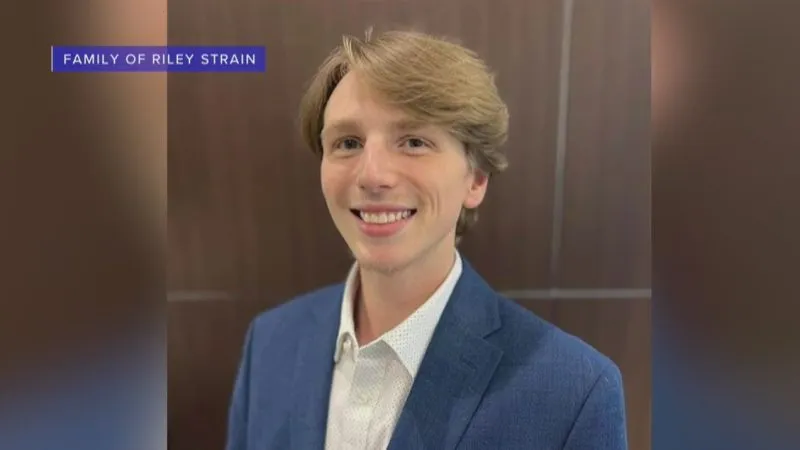
Connecting Adolescents to Comprehensive Health (CATCH) is a pilot program that New York City high schools have been testing for the past year. Through this program teenage girls are provided with Plan B, the morning-after pill, free of cost and without parental consent in an attempt to lower the rates of high school pregnancy, according to ABC News. CATCH was launched in five NYC schools in early 2011 before expanding this year to include eight new schools. CNN found that the schools in the program were chosen because the neighborhoods they were in lacked nearby clinics and health services or had high teen pregnancy rates.
CATCH has an “opting out” policy where parents can remove their daughters from the program through a form that is sent to parents in the mail. According to the NYC Department of Health, only one to two percent of parents chose to opt out their children. However, quite a few parents have reported to various news networks that they never received the letter. This is a huge problem, seeing as if no letter is returned, the student is automatically allowed in the program, parental permission or not. That makes this letter of permission an invalid measure of program consent. The Parents’ Choice Coalition group argued that the policy should be switched to “opt in” instead. I agree because requiring parents to sign children up for the service is a sure way of verifying parental consent. If their parents did not opt out, or submit the form at all, school nurse offices can dispense Plan B emergency contraception and other services to the student without notifying the parents.
Plan B, also known as levonorgestrel, is typically an over-the-counter drug, but people under 18 need a prescription. According to the New York Post, this program allows students under the age of 18 to take a pregnancy test, and if she is not pregnant, she can walk out with the pill.
According to PubMed Health, levonorgestrel prevents pregnancy by either stopping the release of a female’s egg, stopping sperm from fertilizing the egg or preventing a fertilized egg from attaching to the womb. It should not be used to prevent pregnancy on a regular basis, only as an emergency contraceptive. Symptoms of taking the pill include nausea, vomiting, diarrhea, tiredness, headache, dizziness and abdominal pain. Some side effects can be serious, such as persisting severe lower abdominal pain, trouble breathing, rash and itching or swelling of the face, tongue and/or throat. But according to protesters in the Parents’ Choice Coalition, it is not clear that the function and possible side effects are clearly explained to the students or in the program information letter to the parents.
High school students should not have access to a program like this without informed consent from their parents. Teenagers are covered under their parents’ insurance, and parents are aware of their child’s allergies, the medications they are on and reactions to different forms of treatment. Medications like Depo Provera and Plan B that CATCH supplies students with may react with other medicines such as those for seizures, or certain herbal supplements and may be more likely to cause side effects. I feel that parents have a right to know the important things going on in their child’s life, such as the use of a medication like Plan B.
The CATCH program’s effectiveness in decreasing high school pregnancies has yet to be determined. The NYC Health Officials report to The Daily Beast that there were few complaints when the program was implemented in January 2011. However, that has since changed. According to The Daily Beast, the New York City Parents’ Choice Coalition protested the program on the steps of City Hall on Sept. 28 in reaction to The New York Post’s report, “NYC schools give out morning-after pills to students—without telling parents.” The protesters focused on the program’s “opt-out” policy for parents. The group also wants explanations on whether the letter addressed side effects of Plan B or the other forms of birth control, and when and how the city will evaluate the efficacy of CATCH.
Some people like the program or believe it to be a step in the right direction, such as Holly Macke, a NYC resident, who told CNN that the program was not a good idea, but that it was okay because the alternative (pregnant teenage girls) is much worse. But others feel that it is an intrusion on families and challenges the authority of parents. Mona Davids, president of NYC Parents Union, told HLN’s “Evening Express” that the department of education had overstepped its bounds by allowing a child’s health to be potentially affected by a hormonal drug without the knowledge of the parent. She questions why teens cannot get aspirin in school without parent consent but they can easily get the morning-after pill.
Davids’ opinion is supported by some of the high school staff. One school spokesperson commented to the NY Post, “We can’t give out a Tylenol without a doctor’s order. Why should we give out hormonal preparations with far more serious possible side effects, such as blood clots and hypertension?” I believe that a possible pregnancy is definitely more serious than being given Tylenol to help a headache during classes, and should therefore also require parental consent. This CATCH program may end up being useful in lowering teen pregnancy rates, but it should have an “opt in” policy and parents should be informed when their daughters are taking Depo Provera or Plan B.
Elaina Zintl can be reached at elaina.zintl@spartans.ut.edu




Leave a Reply